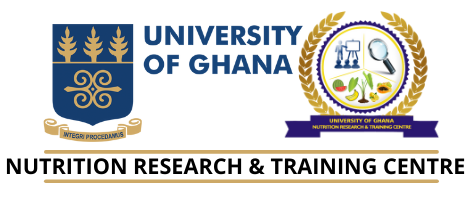STUDENT RESEARCH
Prevalence, knowledge and determinants of Metabolic Syndrome and Type II Diabetes Mellitus in the Upper Manya Krobo District
Summary: The purpose of this study was to determine the prevalence, knowledge and determinants of Metabolic Syndrome (MetS) and Type II Diabetes Mellitus (T2DM) in the Upper Manya Krobo District. This was a cross-sectional study conducted among 224 adults (age ≥ 18 years) of some selected communities of the Upper Manya Krobo District. A semi-structured questionnaire was used in assessing the socio – demographic characteristics of participants, as well as their knowledge about T2DM and MetS. Blood pressure, fasting blood sugar levels, and anthropometric measurements (weight, height, waist and hip circumferences) of participants were also measured. Logistic regression was used to determine the effect of age, sex and other factors as predictors or the determinants of T2DM and MetS. Statistical significance was p-value < 0.05.The prevalence of MetS and T2DM were 2.7% and 6.3%, respectively.
Differences in prevalence for the syndrome were found when BMI and WHR were used in the obesity determination portion of the diagnostic criteria. Prevalence found was 0.9% (BMI) and 2.7% (WHR). About 34.4 % of the participants had some knowledge about T2DM and only 0.9% had heard about MetS. Of all the factors tested to find out the predictors of T2DM, only sex showed a tendency of being a predictor among the participants. Factors that were found to be associated with WHR, a risk factor of metabolic syndrome were age between 36 to 75 years (OR = 0.159, CI = 0.083 – 0.304, p-value < 0.0001) and being female (OR = 2.102 CI = 1.115 – 3.964, p-value = 0.022). The prevalence of both Metabolic Syndrome and Type II Diabetes Mellitus was low among the participants and few people had some knowledge about these conditions. Dietary habits of participants were also not associated with the two conditions. Much effort is needed to improve the knowledge about these two conditions among those living in rural Ghana
Senam Klomegah | Masters, University of Ghana, Legon
